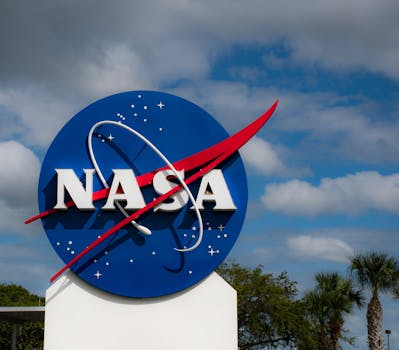Satellite Launch Missions and Their Impact on Space Exploration
Satellite launch missions have revolutionized space exploration, enabling us to study the universe, communicate globally, and navigate with precision. This article delves into the impact of satellite launch missions on space exploration, highlighting their significance and future prospects.

Satellite Launch Missions and Their Impact on Space Exploration
Satellite launch missions have been a crucial aspect of space exploration, transforming our understanding of the universe and facilitating global communication, navigation, and weather forecasting. Satellite launch missions have enabled us to send satellites into orbit, providing valuable insights into the Earth’s climate, geology, and natural resources. In this article, we will explore the significance of satellite launch missions and their impact on space exploration.
The first satellite, Sputnik 1, was launched by the Soviet Union in 1957, marking the beginning of the space age. Since then, numerous satellite launch missions have been conducted, with significant advancements in space technology. The launch of the first commercial satellite, Intelsat 1, in 1965, enabled global communication, while the launch of the first GPS satellite, NavStar 1, in 1978, revolutionized navigation. Today, there are thousands of satellites in orbit, supporting a wide range of applications, from telecommunications and navigation to weather forecasting and Earth observation.
The Significance of Satellite Launch Missions
Satellite launch missions have played a vital role in advancing our understanding of the universe. By sending satellites into orbit, scientists can study the Earth’s climate, geology, and natural resources, gaining valuable insights into the planet’s behavior. Satellite launch missions have also enabled us to explore other planets and celestial bodies, such as Mars, Jupiter, and the Moon. The data collected from these missions has significantly expanded our knowledge of the universe, helping us to better understand the formation and evolution of our solar system.
Satellite launch missions have also had a profound impact on our daily lives. The launch of satellites has enabled global communication, facilitating international trade, commerce, and cultural exchange. The use of satellites in navigation has also transformed the way we travel, with GPS technology providing precise location information and directions. Additionally, satellites have improved weather forecasting, enabling us to predict weather patterns and natural disasters more accurately.
Future Prospects of Satellite Launch Missions
As space technology continues to evolve, the significance of satellite launch missions will only grow. With the development of reusable rockets and smaller satellites, the cost of accessing space is decreasing, making it more accessible to governments, companies, and individuals. The launch of new satellite constellations, such as the Internet of Things (IoT) and 5G networks, will further expand the applications of satellites, enabling new services and innovations.
The future of satellite launch missions also holds great promise for space exploration. With the development of more powerful rockets and advanced propulsion systems, we will be able to send satellites and spacecraft to more distant planets and celestial bodies. The exploration of Mars, for example, is a key priority for space agencies and private companies, with plans to send humans to the Red Planet in the coming decades.
Conclusion
In conclusion, satellite launch missions have had a profound impact on space exploration, transforming our understanding of the universe and facilitating global communication, navigation, and weather forecasting. As space technology continues to evolve, the significance of satellite launch missions will only grow, enabling new applications, innovations, and explorations. With the development of reusable rockets, smaller satellites, and more powerful propulsion systems, the future of satellite launch missions holds great promise for advancing our knowledge of the universe and improving our daily lives.




